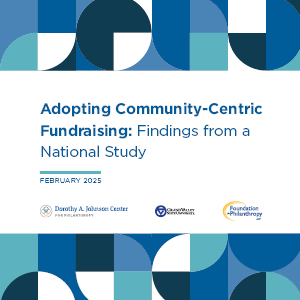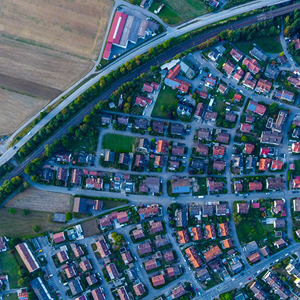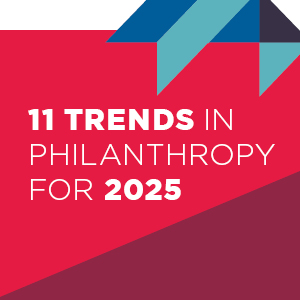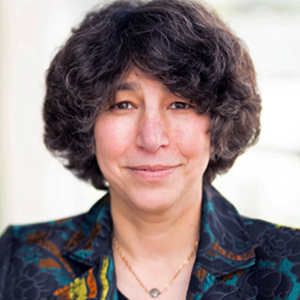Trish Abalo
Senior Research Associate
Knowledge emerges only through invention and re-invention, through the restless, impatient, continuing, hopeful inquiry human beings pursue in the world, with the world, and with each other.” – Paulo Freire, Pedagogy of the Oppressed
Contact Trish
Trish Abalo joined the Johnson Center in September 2020 and currently serves as a senior research associate. In this role, she supports data collection, analysis, and storytelling for our consulting team. Alongside her applied research and evaluation work, her projects have focused on equitable economies, the history of U.S.-based philanthropy, and diversity in nonprofit leadership.
The daughter of first-generation Filipino immigrants, Trish was raised in Mid-Michigan. She is passionate about the intersections of data, racial justice, and social equity. Previously, she was an Emerson National Hunger Fellow through the Congressional Hunger Center in Denver, Colo., and Washington, D.C., focused on local and national approaches to ending the root causes of hunger. Before that, she completed a year of service with Cherry Health AmeriCorps to advance health equity in Grand Rapids and was the first Monitoring and Evaluation Fellow in Thailand for the Massachusetts Institute of Technology D-Lab. Trish holds a Bachelor of Science in interdisciplinary social sciences from Michigan State University.
Outside the Johnson Center, Trish enjoys hiking West Michigan shorelines, movie nights, and volunteering at her neighborhood farm and local gardens.













